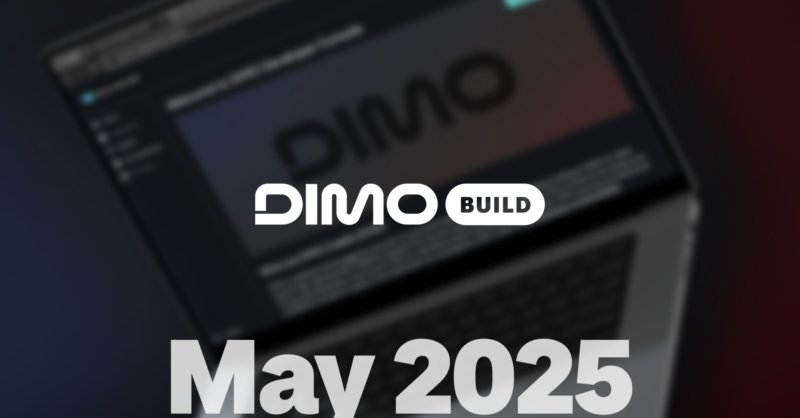Lunex Network Emerges as a Promising Contender Amidst Market Adjustments

The cryptocurrency market recently experienced a brief retracement following an extended bull run. This market adjustment, while not entirely unexpected, is crucial for establishing support before continuing its upward trajectory. Investors are actively reshuffling their portfolios as a precautionary measure. Notably, while top altcoins like Helium have managed to maintain momentum above their resistance levels, others, such as Tron (TRX), have fallen below these thresholds. In light of this, many investors are turning their attention to promising presale projects like Lunex Network (LNEX), which boasts significant growth potential due to its innovative decentralized exchange approach.
Lunex Network aims to address the challenges of interoperability among blockchains, a common issue faced by decentralized exchanges. By connecting isolated blockchains, Lunex facilitates a non-custodial crypto exchange that allows for the instant conversion and transfer of over 50,000 cryptocurrencies. The platform adopts a customer-first philosophy, enabling users to conduct transactions without the need for KYC or third-party wallets. Additionally, Lunex offers a unique revenue-sharing model, allowing token holders to earn up to 18% passive returns through staking. The LNEX token serves as the primary medium of exchange within the Lunex ecosystem, facilitating staking, reward distribution, and governance.
In contrast, Tron (TRX) has struggled to maintain its price above the resistance level of $0.156, recently dropping to a low of $0.148. Despite a brief surge during the recent bull market, TRX’s momentum has waned, leaving investors uncertain about its future performance. Helium (HNT) has also faced challenges, yet it has managed to retain some gains from previous rallies, currently trading between $7.54 and $7.87. Analysts suggest that HNT could retest its monthly high of $8.50, reflecting a bullish outlook with a year-to-date increase of over 416%. In this competitive landscape, the unique features of Lunex Network’s LNEX token may position it favorably against established tokens like TRX and HNT.
Related News





